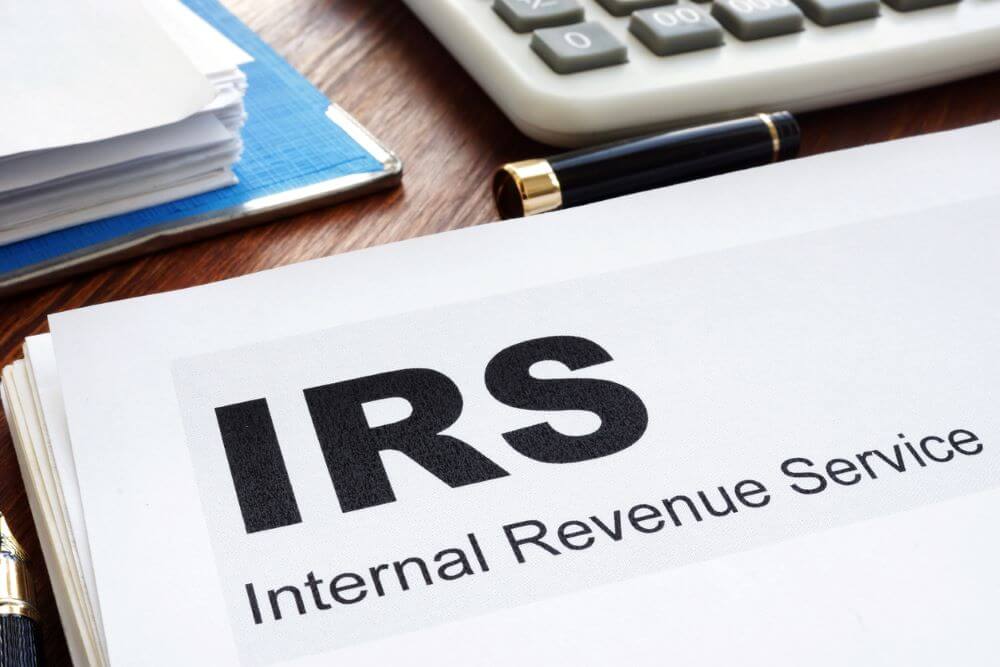As the tax season picks up, scammers are capitalizing on tax schemes to take your money, steal your identity and rob you of your peace of mind. While you can take several important steps to avoid being scammed, such as using an identity theft protection service, the IRS is also providing a new tool for those filing digitally.
What’s an Identity Theft Protection PIN (IP PIN)?
An IP PIN is a six-digit number that prevents criminals from filing a fraudulent tax return using another taxpayer’s Social Security number. The IP PIN is known only to the taxpayer and the IRS and helps the IRS verify the taxpayer’s identity when they file their electronic or paper tax return.
IP PINs add an extra layer of security and are valuable for those who’ve been victims of tax-related identification fraud or who are concerned about becoming a victim. The number is only valid for one calendar year, so a new one is generated for your account each tax season
How Do I Get an IP PIN?
The IRS had previously made IP PINs automatically available to victims of tax-related identity theft. The IRS mails you a CP01A Notice with your new IP PIN each year if that’s you.
Last year, the IRS made IP PINs available for all taxpayers to protect their identity during tax season. Still, the only way to access a number was to file a paper application for an IP PIN or request an in-person authentication.
This year tax filers who are not identity theft victims can opt to get an IP PIN through the IRS website. To get a PIN, you have to verify your identity. This means you have to register for an online account with IRS.gova process that the IRS says takes about 15 minutes.
To register, you need to provide your email address, Social Security number, or Individual Tax Identification number, tax filing status, mailing address and one financial account number linked to your name.
That financial account number can be the last eight digits of your credit card, as long as it’s not an American Express, debit or corporate card; the account number listed on your student loan statement; the account number on your mortgage or home equity loan; account number of your Home Equity Line of Credit; or the account number of your auto loan.
You also need to provide a mobile phone number linked to your name so that the IRS can send you an activation code. If you can’t provide this, the IRS can send your activation code by mail.
Do You Need an IP PIN?
You might not necessarily need an IP PIN – most US filers don’t typically need one, and the IRS infrequently mandates them. But that’s not to say they’re not worth considering.
IP PINs add an extra layer of security and are valuable for those who’ve been victims of identity theft or who are concerned about becoming a victim. They are designed to make it more difficult for thieves to file false tax returns in the names of other taxpayers. These PINs are unique six-digit numbers. When you file your return with an IP PIN, it provides the IRS with additional information to verify your identity.
Identity thieves, then, would need to know not just your SSN but your IP PIN, too, to file a return in your name.













